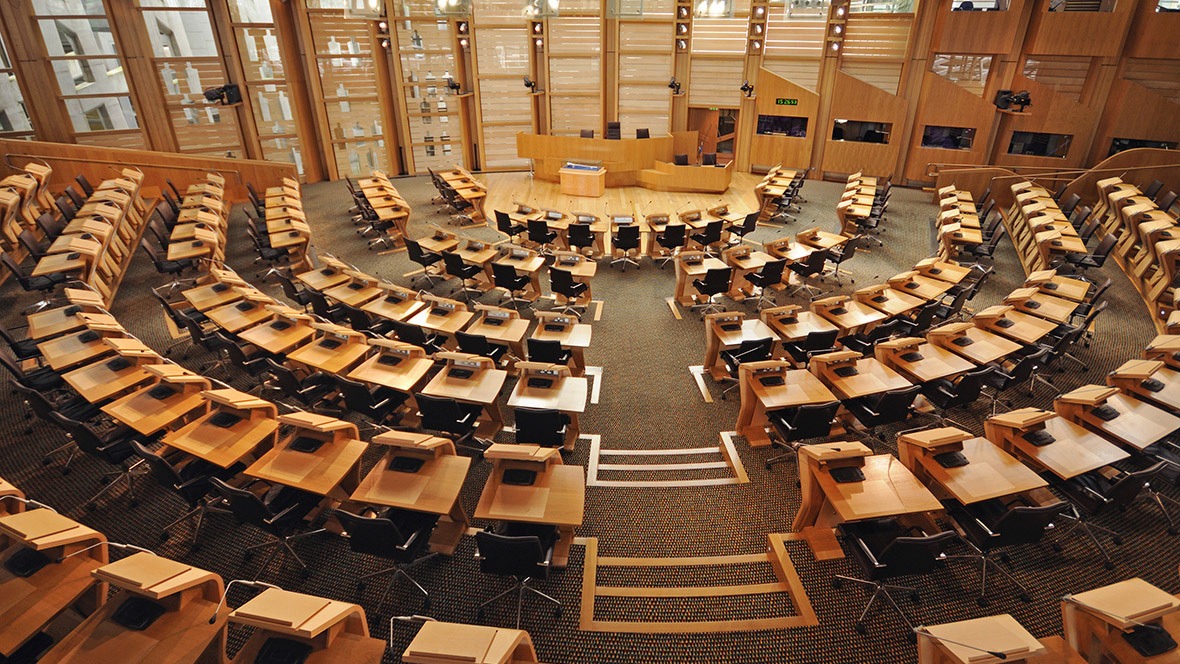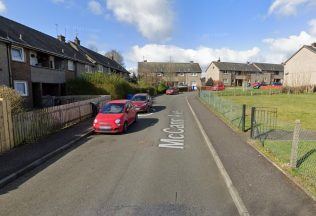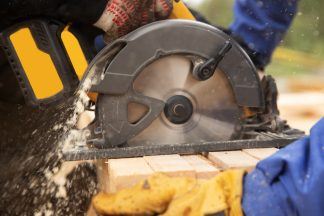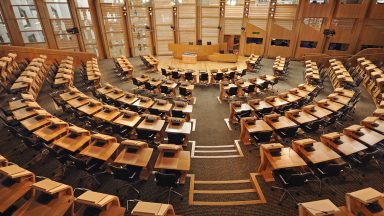MSPs have voted to pass a Bill aimed at reducing the risk of Grenfell-style fires caused by cladding on buildings.
The Housing (Cladding Remediation) (Scotland) Bill was passed unanimously by 116 MSPs on Tuesday.
The Scottish Government set up a cladding remediation programme following the London fire which killed 72 people in 2017 – given that the material on the building is believed to have contributed to the spread of the blaze.
The Bill will make the delivery of the scheme easier, by giving ministers power to assess and carry out remediation on buildings with unsafe cladding – with any remediation work then recorded in a special register.
Ministers have been criticised for the scheme’s slow progress, whereas England has – as of the end of last year – started or finished work on 42% of the 1,608 properties found to have cladding on the facade.
Speaking in the debate, housing minister Paul McLennan said it was his “strong belief” that the Bill lays the “foundations needed to drive forward our remediation programme at pace”.
He added that the Bill was “one part of the process”.
“We know we’ve got lots to do in terms of the remediation programme,” he told MSPs.
“I’ve talked about the Bill enabling faster delivery of the cladding remediation programme, addressing barriers experienced to date, allowing us to deliver that step change in pace that is required to best serve those homeowners and residents potentially affected by unsafe cladding.”
Miles Briggs, the Scottish Tory housing spokesman, praised the “consensual” nature of the minister’s engagement in the passage of the Bill.
Briggs went on to describe a meeting with residents of a cladded building in Edinburgh, where they described their situation as a “living hell”.
“The stress which residents have faced and the information vacuum which they have had to live in has been unacceptable, especially when you consider that these are our constituents living in properties that have been labelled as potentially containing cladding which poses a threat to life.”
Residents, he said, “wanted a solution and they want it as soon as possible”, adding that people in such buildings have “put their lives on hold” until they find out more about the potential dangers of the cladding.
Scottish Labour housing spokesman, Mark Griffin, also praised the minister’s approach, but was critical of the use of a framework Bill, which leaves details to be decided through regulations devised by ministers.
“This seems to be symptomatic of the Government’s approach across many Bills that we’ve seen, particularly in this session of Parliament, which seems to give Parliament the bare bones of a law to agree on in principle and then to promise to deliver the detail at some later point,” he said.
The use of such Bills, which have also been used for policies including the National Care Service, “stifles proper consideration of policy and can’t replace debate on the detail of proposals”.
Griffin added that the Bill was a “welcome and overdue step” to increase safety in the impacted properties, but added: “Much still needs to be done, it needs to be done at pace to make sure that Scotland catches up with the rest of the UK in removing combustible cladding from people’s homes.”
Shelter Scotland has welcomed the cross party support for the declaration of a housing emergency at Holyrood.
Shelter Scotland director, Alison Watson, said: “I’m delighted to see that there is cross party support for the deceleration of a housing emergency; this could be an important moment in the fight for housing justice in Scotland.
“We recognise that there are a range of factors driving the housing emergency; more than a decade of austerity, a cost of living crisis, and cuts to the social housing budget in Scotland have all contributed.
“The Housing Bill currently before parliament might make a difference in a few years, but there’s 10,000 children in Scotland with nowhere to call home that need to see change right now.
“It’s vital that politicians back their words with actions; I call on all parties across Holyrood to work together to urgently deliver the social homes we so desperately need, to ensure that people can keep the homes they have, and to finally bring this devastating housing emergency to an end.”
Follow STV News on WhatsApp
Scan the QR code on your mobile device for all the latest news from around the country


 iStock
iStock




















